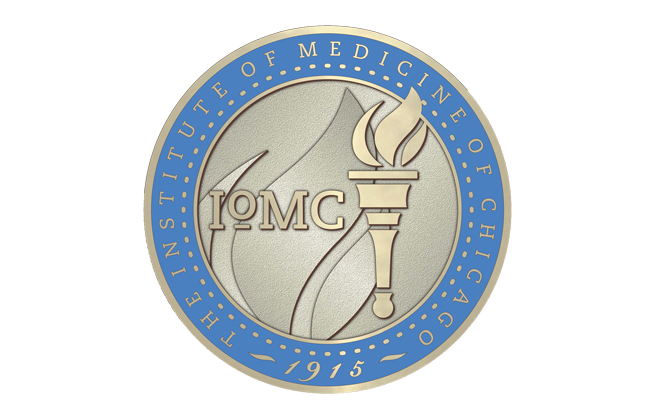There are myriad ways for the healthcare industry to better address racism and inequities, officials said last Friday.
Plenty of reports have noted the need to address disparities, but the healthcare industry has overall “failed to act,” said Aunt Martha’s Health and Wellness Center CEO Raul Garza, who moderated a panel hosted by the Institute of Medicine of Chicago.
“The racial and ethnic disparities that we’ve seen so clearly over the past year, and made clear by the COVID-19 pandemic, really show the disproportionality and the impact of the pandemic on communities of color,” Garza said. “And this, I believe, is a direct result of the pre-pandemic realities that are really driven by this legacy of structural discrimination that has limited access to health and wealth for people of color.”
Adeola Oduwole, the vice president and chief diversity and inclusion officer at Ann & Robert H. Lurie Children’s Hospital, said last year’s social unrest in the wake of George Floyd’s death pushed officials to more openly discuss racial health disparities. Before that, she said many could not even bring themselves to talk about race or would use “diversity as a euphemism” because the topic made them uncomfortable.
“We saw the mainstream reaction to the lynching of George Floyd, the Black Lives Matter movement and this reemerging narrative about systemic racism, and we understood as an institution that we needed to approach this work with a renewed sense of urgency and purpose,” Oduwole said, noting that Lurie’s established a council to address systems within its institution that perpetuate bias and keep systemic inequity in place.
Beena Peters, the chief nursing officer for Cook County Health, said there needs to be an ongoing dialogue on how to help communities, which includes integrating care and services in a way that best addresses racial bias and racial inequities.
“Cultural differences should not separate us from each other, but rather cultural diversity should bring a collective strength that can benefit all humanities,” she said.
Fernando De Maio, the director of health equity research and data use for the American Medical Association’s Center for Health Equity, said officials need to understand that inequities are dynamic. He called on greater investment in the public health infrastructure and epidemiology to better understand the health equity landscape.
“The problem is not rooted in the characteristics of the patient,” De Maio said. “The problem is the product of an unequal system. So we have to move from talking about race to racism, from gender to patriarchy.”
Audra Davis, a managing partner at the Exeter Group, said one aspect that needs to be considered is diversity in the workforce and the supplier. On the latter, she said institutes need to think more about contracting with community- and minority-owned suppliers.
“It really makes a big difference when we think critically and think intentionally about how we are spending our dollars,” Davis said.
This article first appeared in the Health News Illinois daily email newsletter. Sign up here for your free trial.
